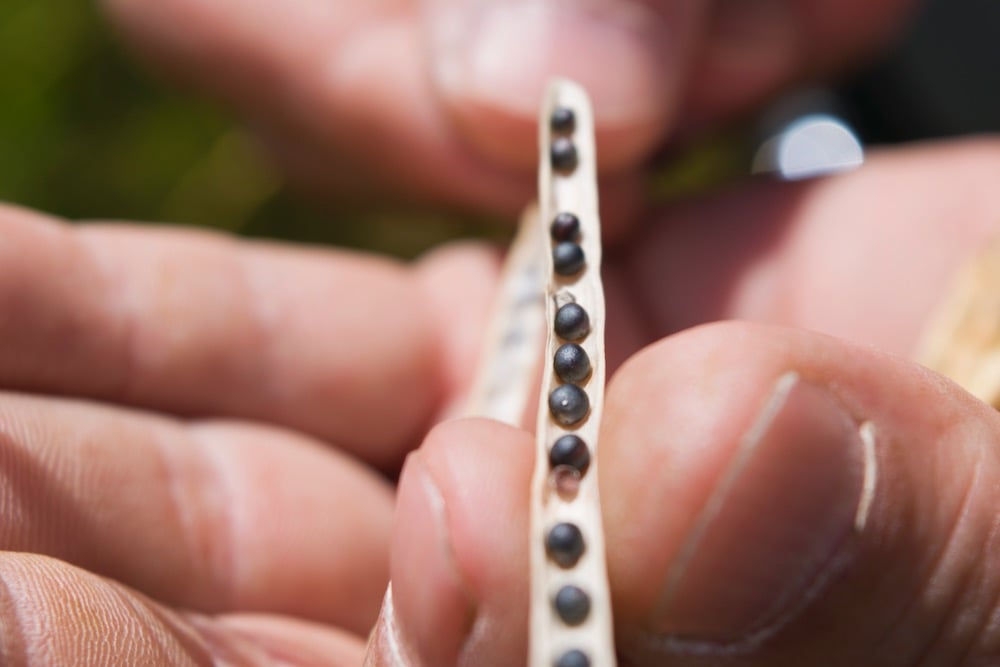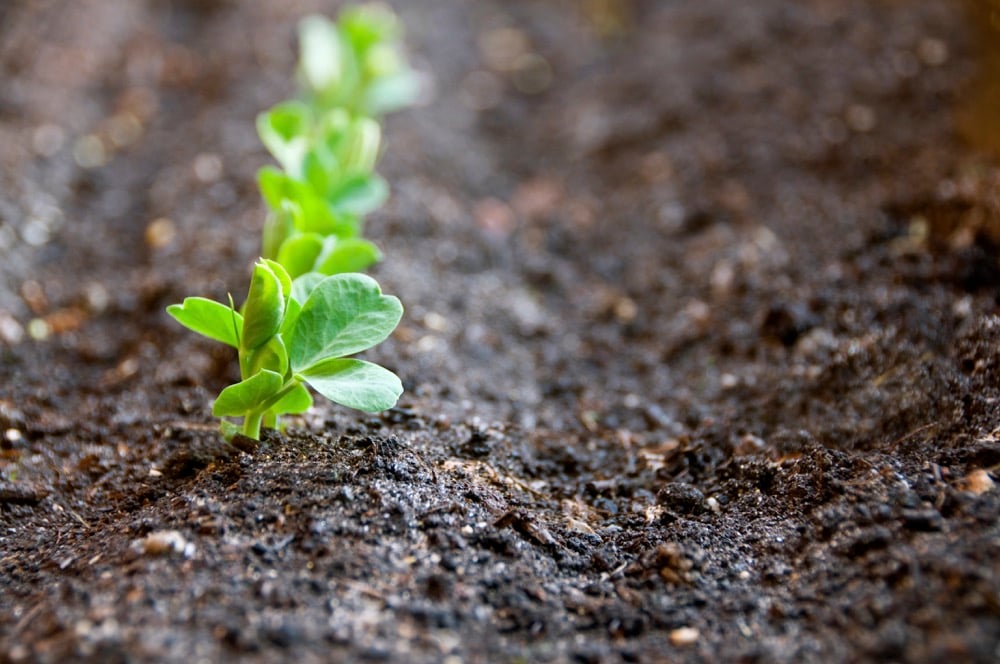Can Canada attract gene-editing expertise?

Canada has difficulty attracting companies to develop crop varieties due to the amount of farm-saved seed used by growers.
Read Also


Soil report highlights shifting focus on core issues
“Soil is still at risk in Canada and around the world,” the report says. “The committee heard that while soil management has improved and crop yield has increased with enhanced plant genetics and cultural practices, these gains have also masked the effect of continued soil degradation and loss of agricultural land in every region of Canada.
As countries try to establish themselves as suitable places for development of gene-edited crops, there are questions about Canada’s ability to be a player.
Canadian guidance on gene-edited crops was announced in April.
“It’s great news that we finally have the guidance through and I think it’s very positive,” said Ellen Sparry, president of Seeds Canada and general manager of C&M Seeds, in an interview at the World Seed Congress in the Netherlands.
An Alberta wheat breeder at Agriculture and Agri-Food Canada announced greenhouse tests of gene-edited wheat with drought tolerance shortly after the federal government released its guidance on gene editing.
“I was surprised, so I think it’s going to go a lot quicker than what we envision,” said Sparry, adding that she knows of another product submitted to CFIA that was on hold pending release of the regulations.
“The next question is, how many of them are on hold within the office? And how long is it going to take to clear those approvals?”
Private seed companies like to see a market from which they can recoup costs. That has resulted in less variety development in Western Canada, where royalties don’t have to be paid on saved seed, which farmers often use. That may have implications for the development of gene-editing infrastructure in Canada.
There are ways to capture farm-saved seed royalties, but use is controversial and not yet widespread.
Sparry said a trait would have to have enough value that farmers would be willing to pay a royalty for the seed.
“I don’t know how it’s going to evolve. I mean, we’re still pretty low on certified seed. My concern is, are we going to attract those companies to Canada based on their ability to capture return on their investment?”
Seed Canada three years in
It’s been three years since the merger of four seed sector organizations into Seeds Canada and Sparry said the organization is functioning well.
Sparry is the founding president and said she’s in her last year in that position.Sparry said about half of staff time has been spent on national seed regulation modernization, a large project undertaken by the CFIA to open the regulations and learn what the seeds sector needs for the future. Members have also spent time on the regulations.
Seeds Canada has made 140 recommendations to the CFIA on seed modernization, including a request for an independent advisory body that can help make changes quicker than the time-consuming current update of the decades-old regulations.
“So the question is, has CFIA been given all they need to make the required changes we need to take Canada forward?” said Sparry.
Source: Farmtario.com

